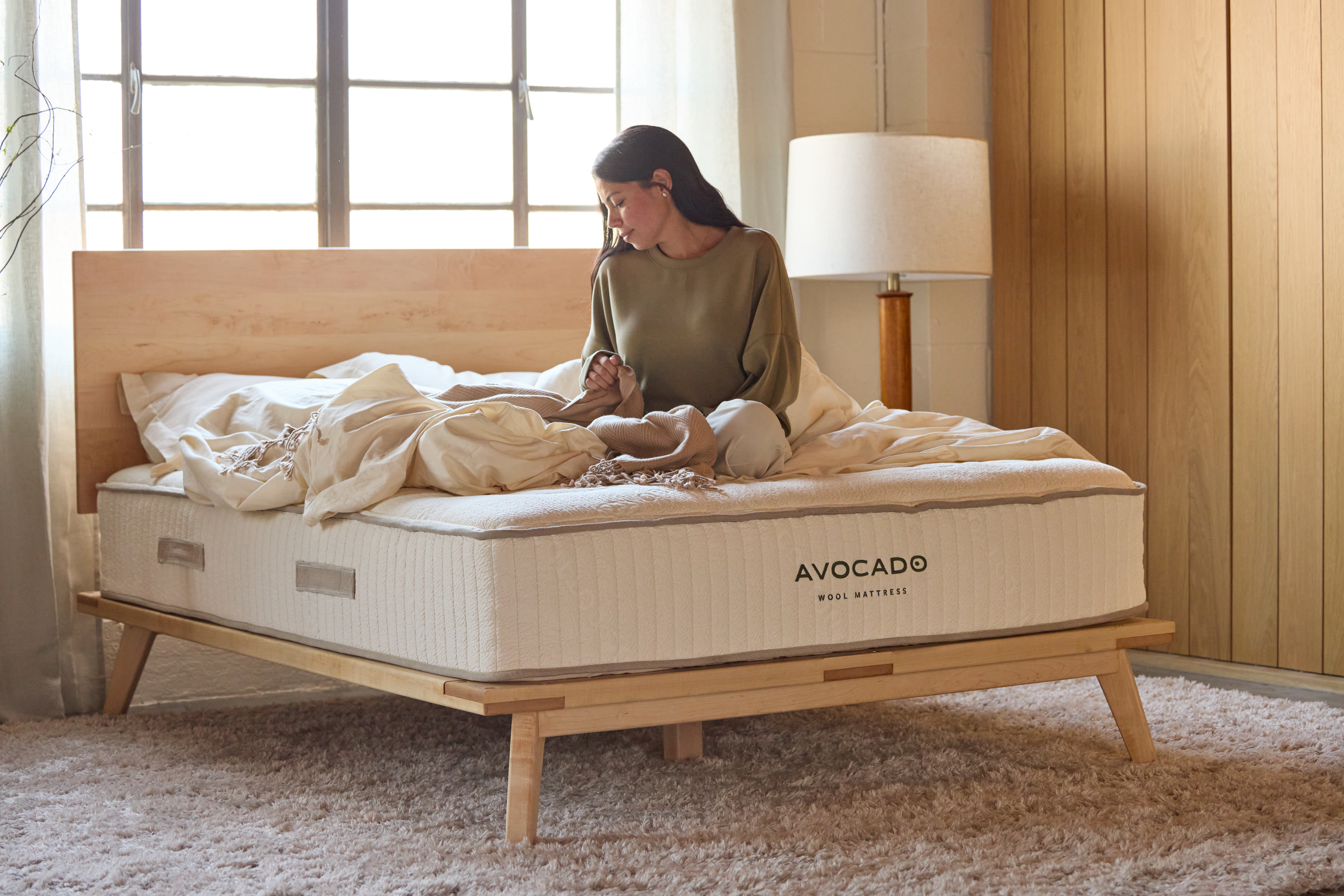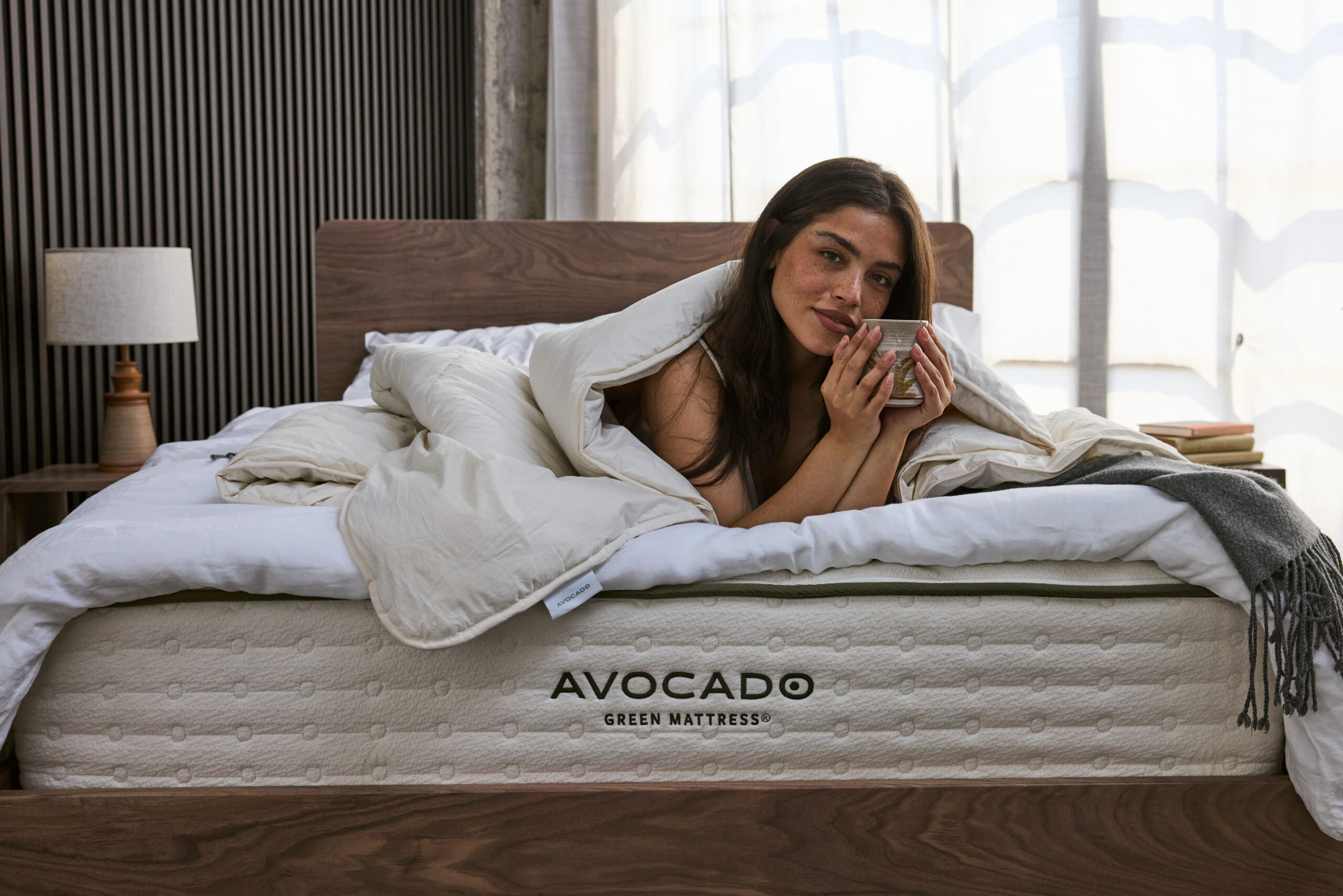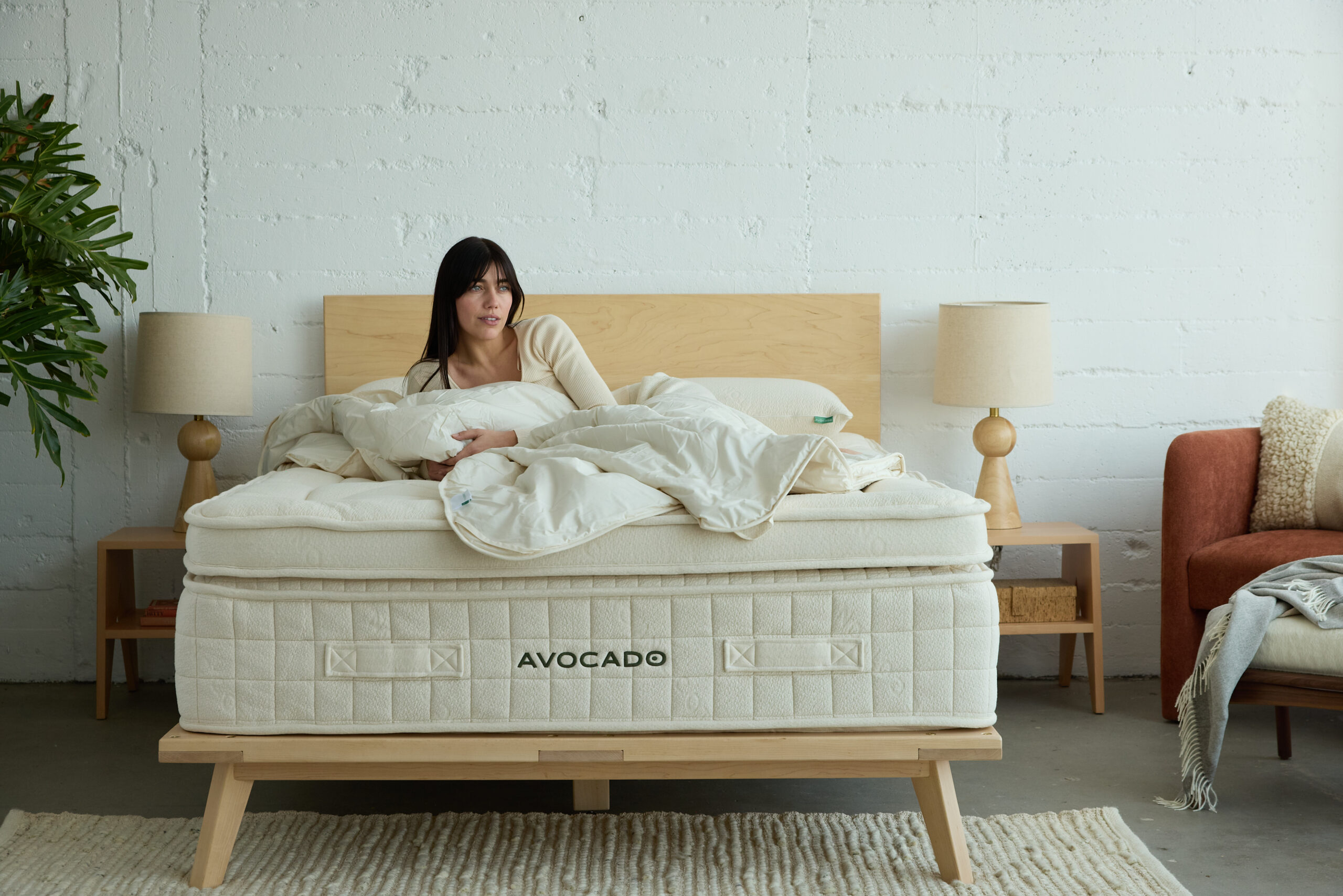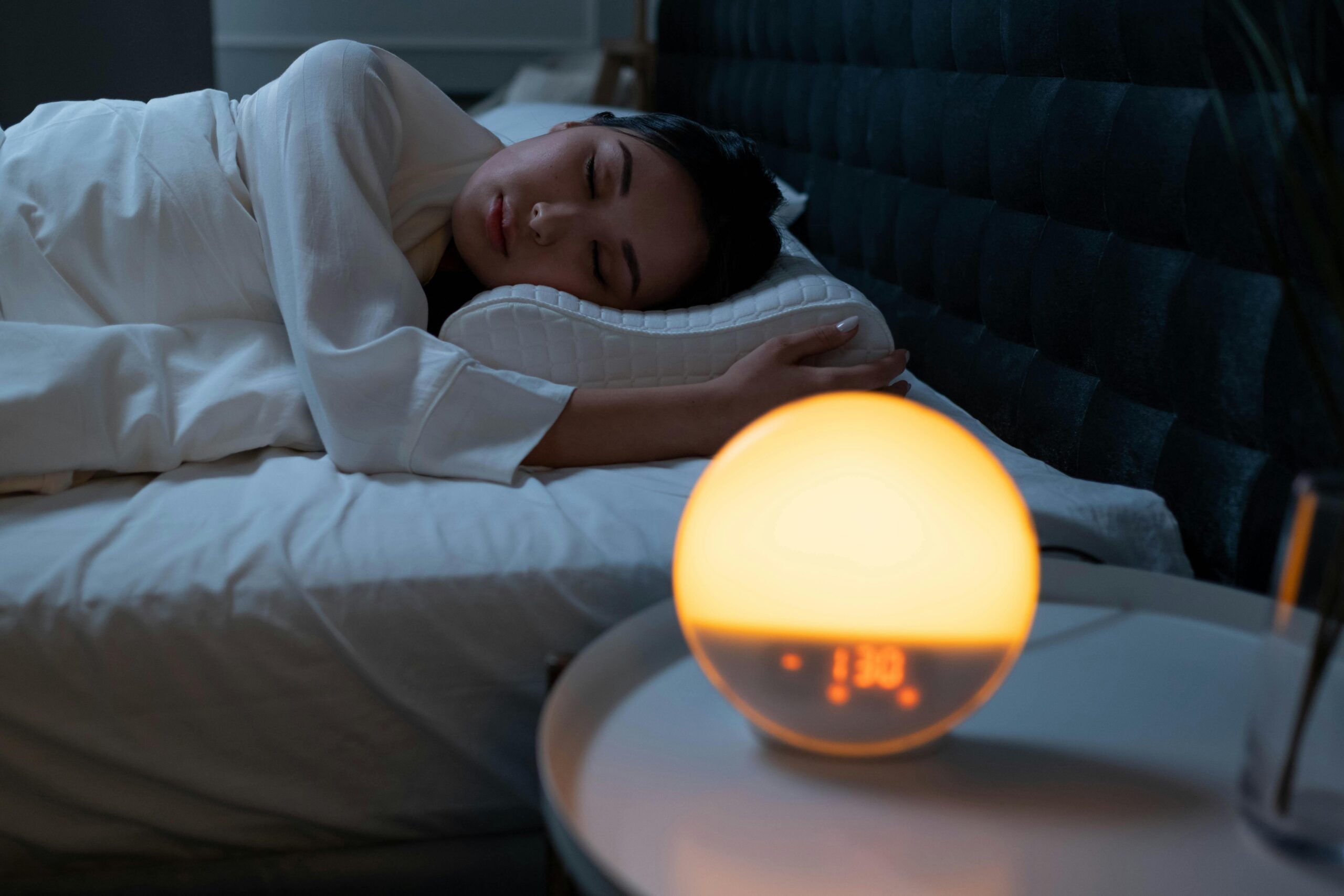We’ve all been warned about the dangers of hitting snooze for sleep, but how true is that, really?
I’m what some might call a serial snoozer. No matter what I have to be up for – work, an appointment, a morning walk with friends – I can always justify a few more minutes under the covers.
Turns out, I’m not alone. In a 2022 study from the University of Notre Dame, 57 percent of participants were habitual snoozers. Women were also about 50 percent more likely to snooze than men.
And while we’ve long been told that hitting snooze is a sleep-sabotaging habit, recent research suggests it might not be quite as bad as we’ve been led to believe.
Why Do We Hit The Snooze Button?
Even early birds aren’t immune to the occasional groggy wake-up. That foggy, disoriented feeling is known as sleep inertia – and it happens when our natural sleep cycle gets interrupted. It’s that sluggish sensation that makes us want to delay the inevitable and steal just a few more minutes of sleep.
But sleep inertia isn’t the only reason we hit snooze. Difficulty falling asleep, anxiety about the day ahead, or simply being a night owl are all common motivators. People with a “night owl” chronotype, or those who naturally stay up later, are more likely to hit snooze since their body’s internal clock isn’t wired for early mornings.

Read more: How Chronotypes Rule Your Sleep
How Hitting Snooze Impacts Sleep
For years, the thinking was that snoozing messes with REM sleep – the deep, restorative phase that usually happens toward the end of the night. Interrupting it could fragment your rest and leave you feeling even more tired. Some studies have also linked frequent disruptions in sleep to lower cognitive performance, mood swings, and even increased risk of chronic illness.
But here’s the thing. Research into fragmented sleep has typically only looked at an entire night of sleep, not the short bursts of snooze-time in the morning.
While more research is needed, a small 2023 study published in the Journal of Sleep Research found that pressing the snooze button didn’t have a negative impact on sleepiness or mood. In fact, participants who snoozed for 30 minutes performed better on memory and math tasks than those who got up with one alarm.
“Snoozing for a limited time in the morning is probably not bad for you,” the study’s lead author, Tina Sundelin, a sleep researcher at Stockholm University, told Scientific American. She added that her study offers evidence that snoozing doesn’t break up sleep in a harmful way.
It also found that hitting snooze can have benefits. When we jolt awake from deep sleep by an alarm clock, it can make it more difficult to shake off morning grogginess. Slipping back into sleep between alarms, however, may ease the transition from deep to light sleep, helping you wake up more alert and refreshed.

Read more: Why Listening to Your Circadian Rhythm Is Essential to Good Health
Should You Break Up With Your Snooze Button?
It depends. If you’re consistently getting enough sleep – around eight hours a night – hitting snooze probably isn’t doing much harm, it might even help you ease into the day with a bit more energy.
But if you’re already sleep deprived and you’re using snooze to manage your exhaustion, it’s likely just making the problem worse. And if your mornings are a struggle and your nights are restless, snoozing could be throwing off your sleep rhythm even more.
“The recommendation against an alarm is well-founded, but as far as we can tell from the physiology and our data, waking to one alarm or hitting the snooze button and waking to two or three alarms doesn’t make much of a difference, Aaron Striegel, co-author of the University of Notre Dame study and professor of computer science and engineering at the University said in an article. “If you need an alarm because you’re sleep-deprived — that’s the issue.”
Conclusion? If you’re getting the recommended amount of sleep but still feel groggy in the morning after hitting snooze, try switching things up. A sunrise alarm clock that gradually brightens your room with soft, natural light might help you feel more awake, no snooze button required.

Read more: How Light Affects Sleep
Have feedback on our story? Email [email protected] to let us know what you think!

Shop Pillows
The Essential Organic Pillow Collection
Gentle, breathable, non-toxic support.







